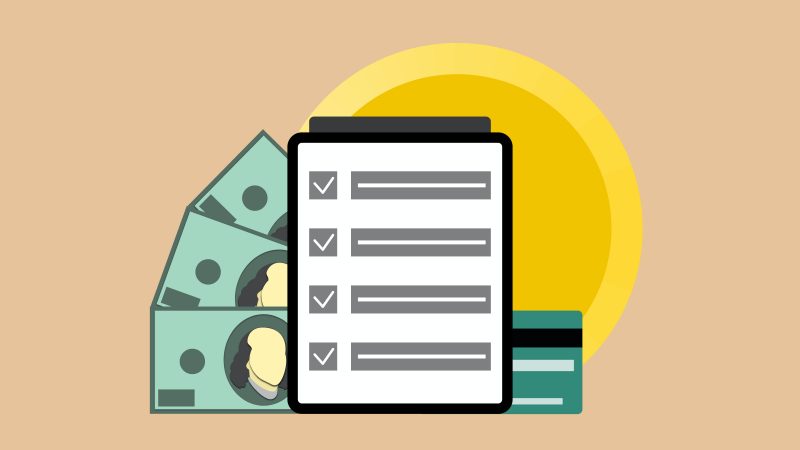Many people in the UK use pawnbrokers for short-term secured loans, so let’s have a look at how pawnbroking works.
Pledges to Pawnbrokers
An individual gives a valuable item (referred to as a pledge) to a pawnbroker who then values said item and agrees to lend the individual part of its value over an agreed period of time. Pawnbrokers earn an income based on the interest they charge on the loan which is secured by the pledged item.
Interest
Depending on your pawnbroker, you will either be charged a monthly or daily rate of interest.
You’ll usually pay a higher rate of interest than you would for a high street loan, but less than you would for a payday loan, which often charge astronomical rates of interest.
Lack of Credit Checks
Under FCA regulation, authorised lenders offering unsecured access to cash must conduct creditworthiness assessments of customers to ensure they can afford to borrow what they wish to.
Despite pawnbroking being FCA regulated, pawnbrokers are not legally required to perform these creditworthiness assessments. This is because the loan is secured against the pledge, so pawnbrokers can assess creditworthiness based on the value of the pledge given to them.

For more information about the world of credit, click here!
Right to Early Repayments and a Cooling-Off Period
The customer can repay the loan at any time during the loan period (usually set at 6 months, but it depends on the pawnbroker) and get their pledge returned. They are allowed to make partial or full early repayments.
Because pawnbroking is FCA regulated, customers are entitled to a 14 day cooling off period where you can walk away from the contract without facing any penalty, providing you do so within 14 days of signing the agreement.
Failing to Repay Your Loan
If you don’t return for your pledge within the loan period and the amount borrowed was £75 or less, ownership of the item is transferred to the pawnbroker.
If you borrowed more than £75, the pawnbroker can sell the item but must return excess funds above the outstanding loan amount back to you, i.e, if the sale of the pledge earns more than the amount due to the pawnbroker, the surplus is owed back to you.
If you have borrowed over £100, the pawnbroker can sell the pledge at the end of the agreed loan period but must notify you of this so that you have a chance to return for the item(s).
Keep Your Ticket
Pawnbrokers must give you a receipt called a ticket when you leave your pledge with them. Make sure you keep hold of this ticket as you will need it when you return for your item. However, if you do lose your ticket, you can click here for more information about what steps to take.

